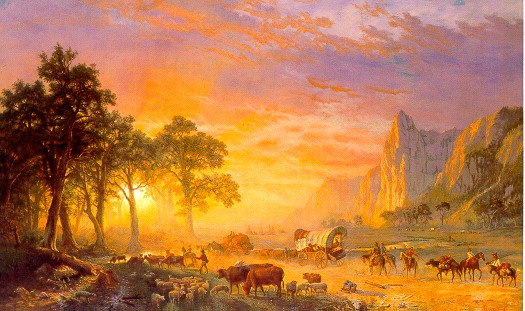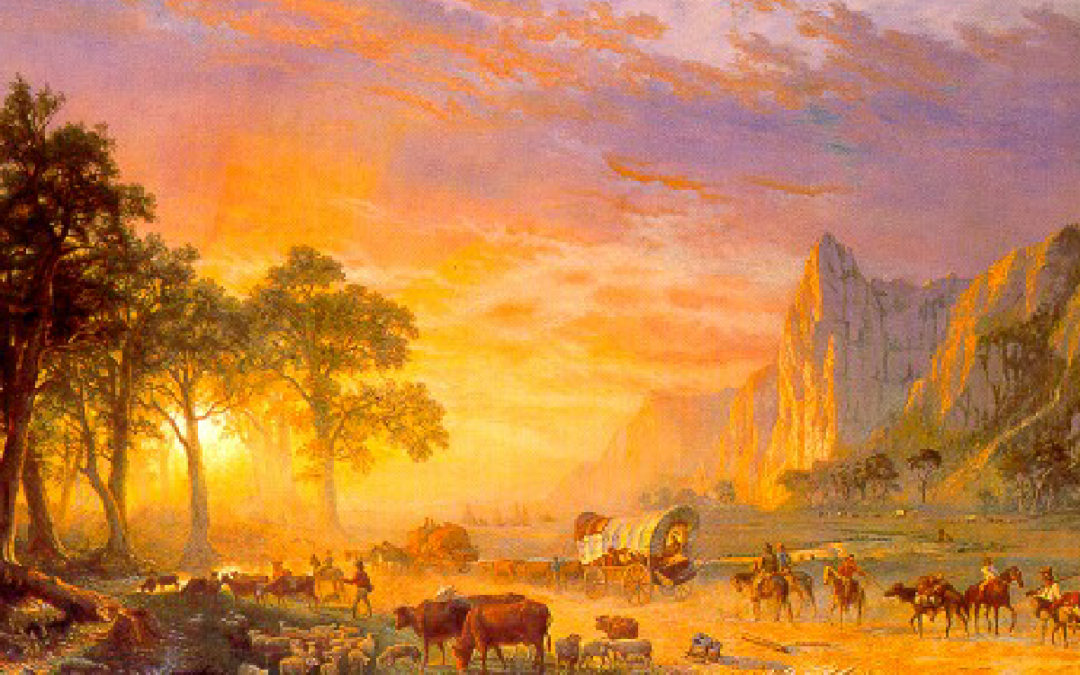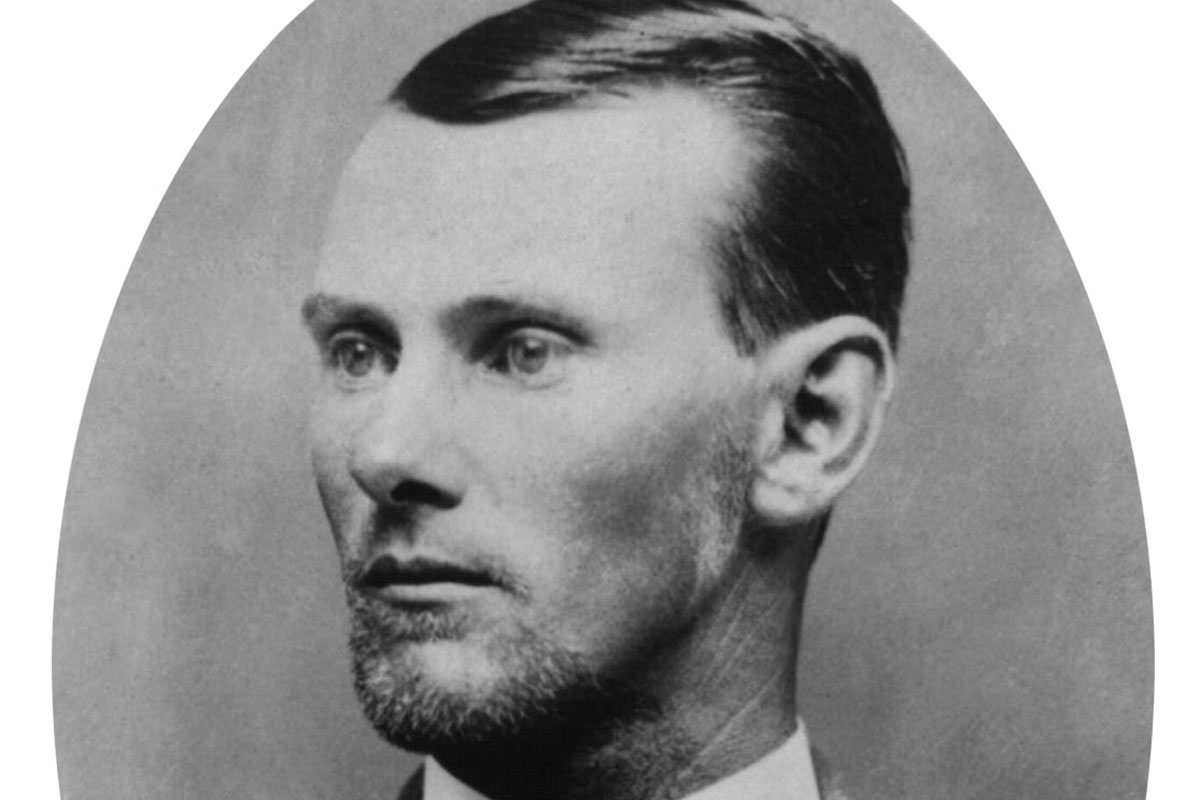
The romance of the West meant many things to many people. The American West a place that lives by its myths and legends. It symbolized hope, freedom and opportunity. It was about open spaces and a pristine land; it’s mountains that reached up and touched the sky. Colorado alone boasts 53 mountain peaks over 14,000 feet in elevation. Those same mountains possessed deposits of gold, silver and copper beyond a Spanish Conquistador’s wildest dreams. It turned out to be the richest treasure trove of natural resources in the history of the civilized world. And for the first time in history the finder got to keep what he found. Earlier, it became the property of a ruler, king or queen.
It was the pristine beauty of the mountains, canyons and rivers; the spectacular splendor of the Native Americans and their rich customs and culture; the cowboys driving a herd of longhorns up the Chisholm Trail; the mountain men exploring the pristine lands, marking trails for others to follow. Unlike the East, failure was tolerated; a person could come west, reinvent themselves and get, as Bret Harte said, “A fresh deal of the cards all around”; it was a place where common people could rise wealth and greatness. One could be dirt poor one day, and a millionaire the next. It helps us glimpse the magnificent forest of human possibility. It is from such glimpses that we draw the courage to be ambitious, to reach for the stars.
Thanks the Homestead Act in 1862, the common folk could afford to own property.
If it appears I’m looking at the West through rose colored glasses, I am because I am a hopeless romantic. I prefer to see a glass of water half-full rather than half-empty. I’ve been a western historian for more than fifty years and I am fully aware of the dark side of the West. It’s not a perfect world because people aren’t perfect.
In summation, I think Tom Mix said it best: “The old West is not a certain place in a certain time; it’s a state of mind. It’s whatever you want it to be.”






